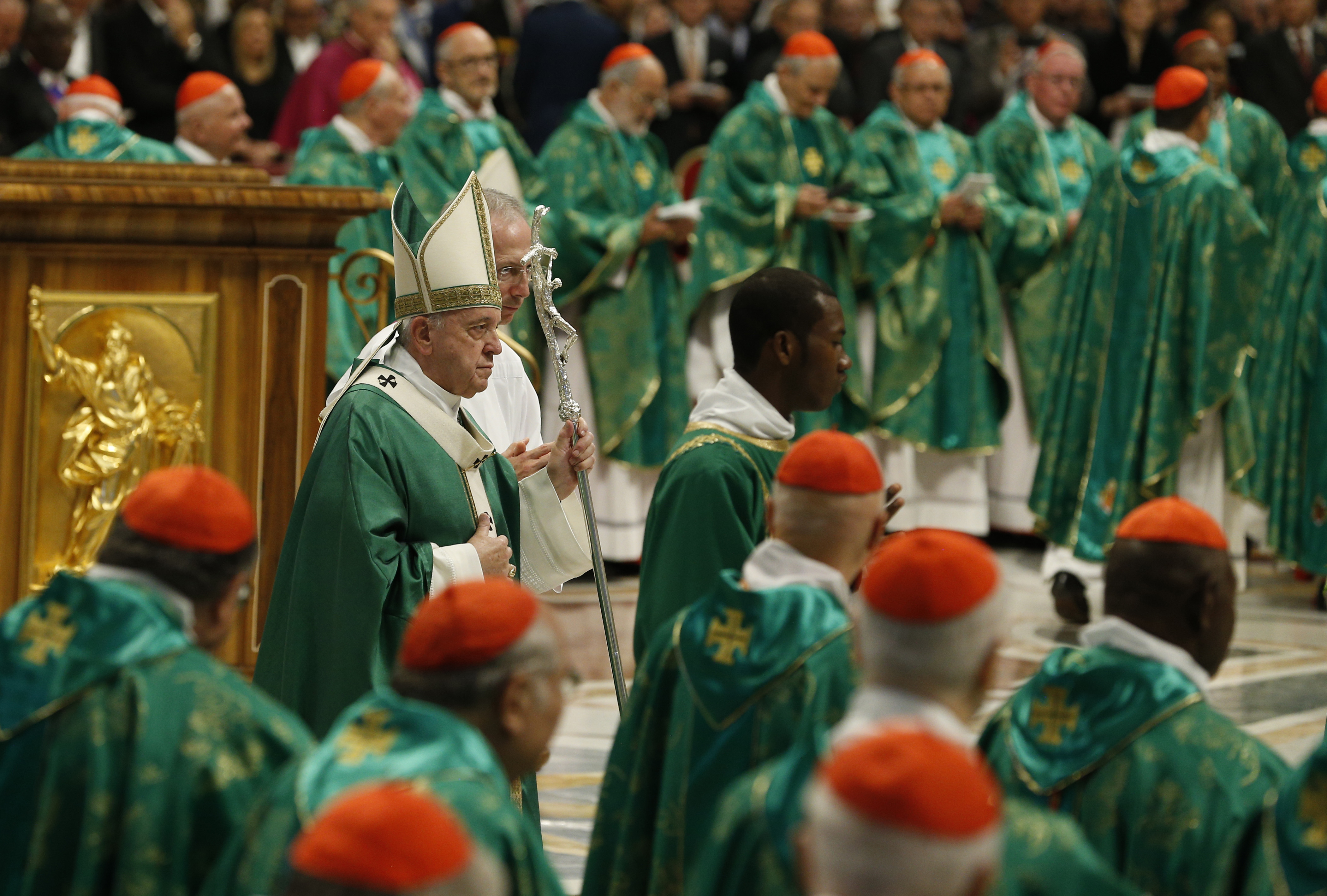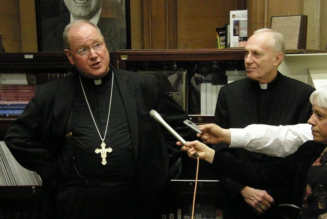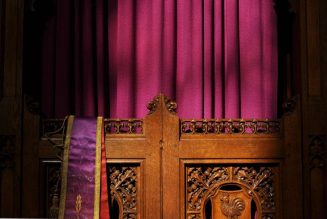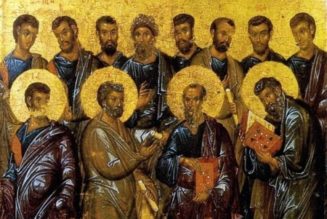On this, the eve of the Epiphany, with the Christ Child still lying in the manger, a great many Catholics everywhere are hoping and praying for a year of renewed grace. And, of course, with the turn of the secular calendar, the dawn of 2020, who is there that doesn’t share in a renewed sense of hopeful optimism that our beloved Church is in for better times?

But what is the core of our hope? In light of the last couple of seasons that have left many of the faithful more than a little perplexed, and certainly more than a little dispirited, where is the grace of God?
My wife and I received a Christmas letter from a dear friend, a priest, that, though somewhat somber in tone, is reminiscent of the plaintive cry of the psalmist, and it beautifully reminded us that God’s grace is ubiquitous and at work everywhere if we only have the eyes to see.
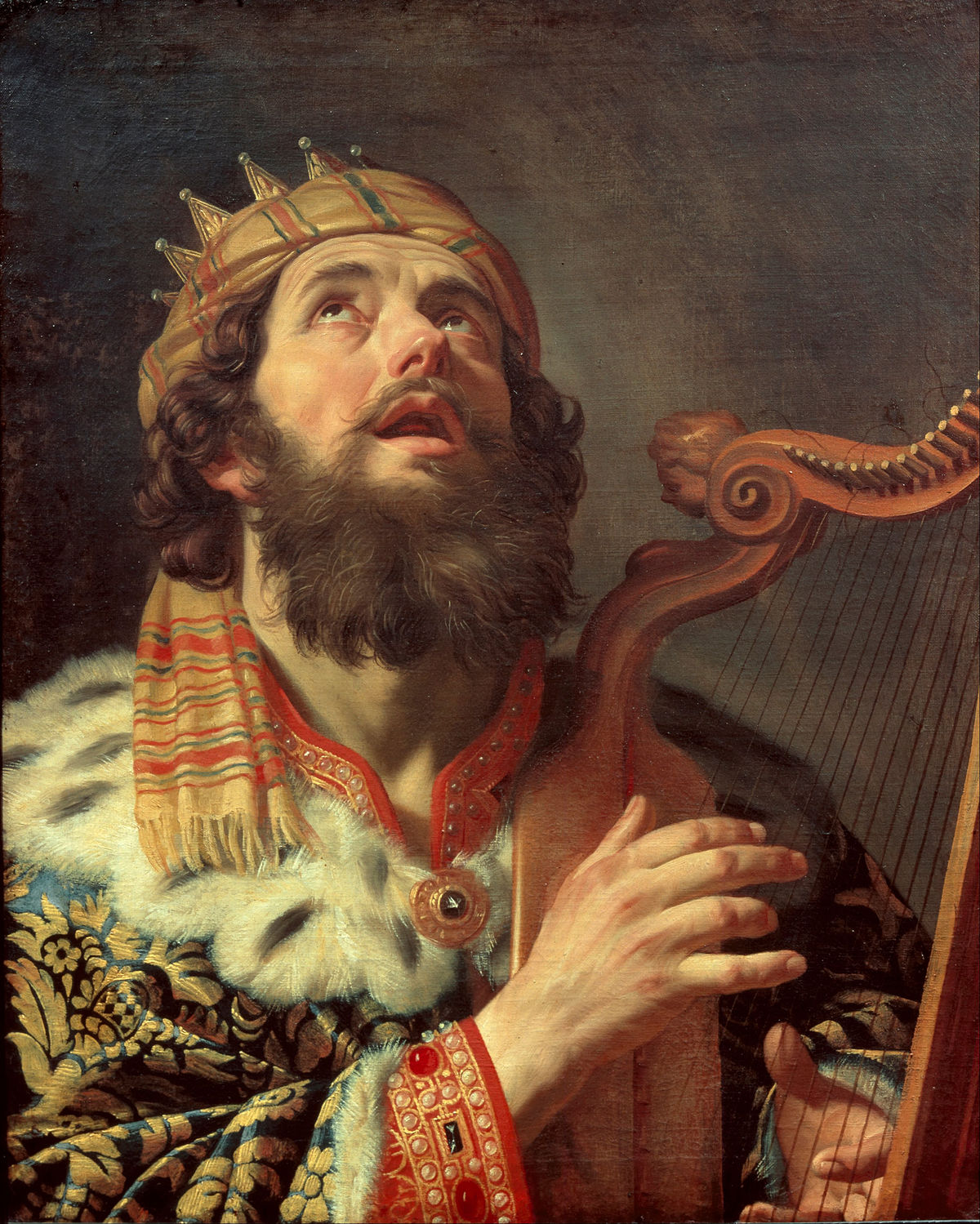
With his permission, I have published his letter here, with minimal redactions, not wishing to make any problems for him should his identity be known. I think readers of this blog will be similarly moved, if not to tears, at least moved to a deeper vision of the actions of God’s grace among the faithful. His letter inspired me with more profound reasons for hope!
Last year I did not send out a Christmas letter and one correspondent complained. So this year I will do my best. It will not be easy. Last year was the year of Theodore McCarrick and Archbishop Viganó, but this year has been the year of the Amazon Synod and Pachamama. Evidently, things are not getting any better.
I am left wondering sometimes if ignorance is not indeed bliss. One day, during the Amazon Synod, at daily Mass I asked for a show of hands of those who had even heard of the Amazon Synod. One lady raised her hand. There was another occasion on which I made mention of the Amazon Synod and my interlocutor thought I was referring to Amazon.com. Maybe he thought that ‘synod’ referred to some new electronic gadget.
In the past, I wrote about my life of the priesthood. … In any case, sometimes I think I am preaching to those who are “distracted from distraction by distraction,” if they are even present in the church at Mass. Meanwhile up above, madmen seem intent upon burning down the house and nobody pays attention.
In times of such darkness and confusion Advent makes too much sense. “Come, Lord Jesus, do not delay.” In the words of the Didache, “Let grace come, and let this world pass away.” My apologies to all of you who have children, but I actually have many more than you, of all ages, some older than myself. Age doesn’t matter, they are still capable of sobbing uncontrollably.
“Let grace come” and it does. That is the inexpressible privilege of the priest, to stand at the altar when grace comes down from heaven, every time, and to sit in the confessional where grace touches the soul of man. The priest, if he has eyes to see, is the privileged witness of the reality of grace still present in the world, still trying to break through like the grass pushing through the cracks in the hard paving stones of city sidewalks, paving stones that reflect the hardness of human hearts. Grace is more powerful. Even if the new life is so fragile and delicate as a little baby lying in a manger it is always the sign of hope. Even though Herod rages, God has not abandoned his people.
So long as this world lasts, we rightly celebrate Christmas, even in the worst times, because grace is always born anew. When one person says ‘yes’ to the grace of God, that ‘yes’, which mirrors the ‘yes’ of Mary, weighs more in the balance than all the darkness and confusion combined. It is not about changing the world, doomed to destruction, one person at a time, it is about giving glory to God in the midst of the deepest darkness, like St. Maximillian Kolbe. After Christmas comes St. Stephen.
“Truth is sprung out of the earth: and justice looked down from heaven. For the Lord will give goodness: and our earth shall yield her fruit.”
:max_bytes(150000):strip_icc()/Grass-in-Driveways-56a5940d3df78cf77288e2bb.jpg)
